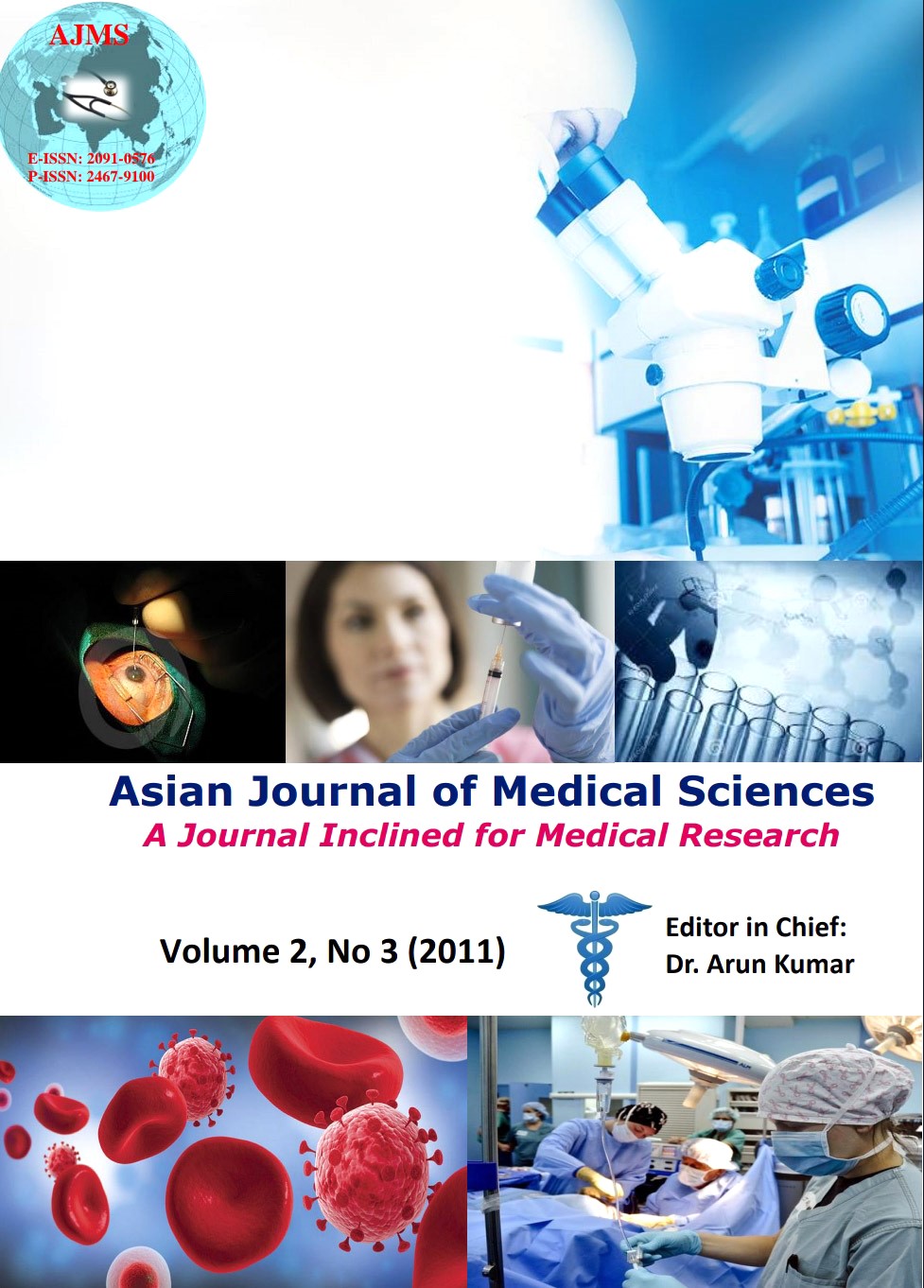Mentoring for Medical Undergraduates - Feedback from Mentees (Need For Training of Mentors)
Keywords:
feeedback, mentoring, medical students, training mentorsAbstract
Objective: The need for mentoring of undergraduate medical students has been well perceived and several medical institutions have started the practice of setting up mentoring programs. Program evaluation is essential in establishing an effective mentoring program. With students being the core of the program, their expectations from the program needs due consideration to analyze the outcome efficacy of the program. This study was done as part of program evaluation to analyze the opinion of mentees on impact of mentoring and on mentee-mentor relationship. The aim was to use the input of this feedback to improve the conduction of the program for the next batch of students.
Material & Methods: A mentoring program was started for 150 1stM.B.B.S students . After one year a feedback questionnaire with 15 likert type items and 4 open ended questions was given. The questions were pertaining to process , outcome of program and mentor-mentee relationships. Two of the open ended questions were based on concept of negative mentoring. 125 students gave feedback voluntarily.
Results: 85% of mentees agreed upon the need for mentoring for all students. Majority felt that mentoring had only helped in academics and not in improving behavior. More than 50% agreed that mentors should be involved in personal aspects besides academics. Responses to open ended questions has well expressed their expectations from mentors and perceived lacunae . There was a clear perception on the need for quality in mentoring. Their responses has also given us a list of causes for discordant mentor-mentee relationship, majority of which can be rectified by training mentors.
Conclusion: Feedback from students after implementing a mentoring program can be considered very essential for effective mentoring. The feedback has exposed the need to have good mentors who can build a satisfying trustworthy mentoring relationship. Training for mentors can be an effective solution and should be a part of the mentoring program early during the planning phase.
DOI: http://dx.doi.org/10.3126/ajms.v2i3.4807
Asian Journal of Medical Sciences 2 (2011) 151-158
Downloads
Downloads
Published
How to Cite
Issue
Section
License
Authors who publish with this journal agree to the following terms:
- The journal holds copyright and publishes the work under a Creative Commons CC-BY-NC license that permits use, distribution and reprduction in any medium, provided the original work is properly cited and is not used for commercial purposes. The journal should be recognised as the original publisher of this work.
- Authors are able to enter into separate, additional contractual arrangements for the non-exclusive distribution of the journal's published version of the work (e.g., post it to an institutional repository or publish it in a book), with an acknowledgement of its initial publication in this journal.
- Authors are permitted and encouraged to post their work online (e.g., in institutional repositories or on their website) prior to and during the submission process, as it can lead to productive exchanges, as well as earlier and greater citation of published work (See The Effect of Open Access).




